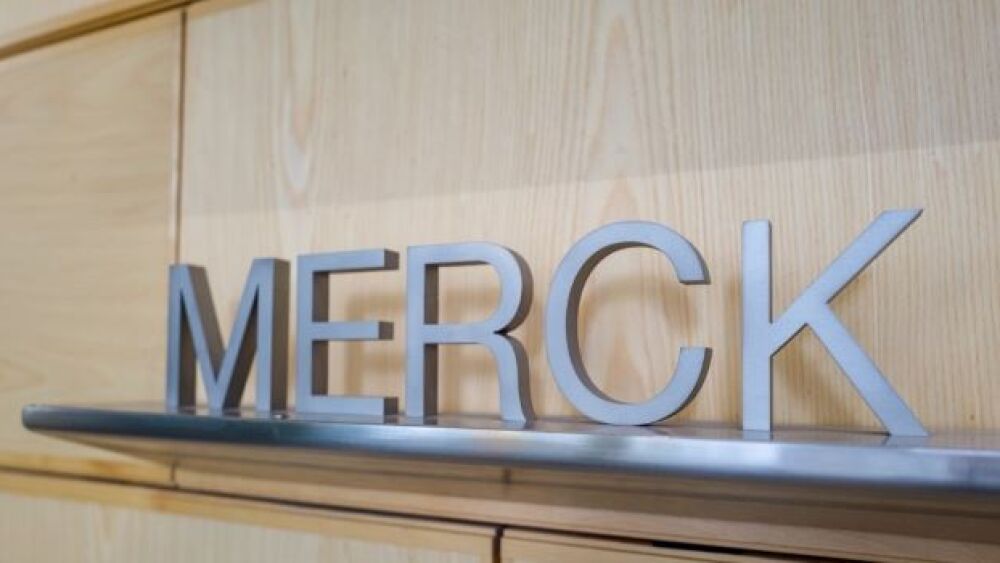The expanded approval was made based on positive data from a second interim analysis of the Phase II KEYNOTE-629 trial.
Smith Collection/Gado/Getty Images
The U.S. Food and Drug Administration (FDA) has decided to expand approval for Merck’s anti-PD-1 monotherapy KEYTRUDA for locally advanced cutaneous squamous cell carcinoma (cSCC) not curable by radiation or surgery.
The expanded approval was made based on positive data from a second interim analysis of the Phase II KEYNOTE-629 trial. In this study, treatment with KEYTRUDA was associated with an objective response rate (ORR) of 50%. The ORR consisted of a 17% complete response rate and a 33% partial response rate in patients with locally advanced disease.
Patients in the KEYNOTE-629 trial received intravenous KEYTRUDA at 200 mg every three weeks until they showed disease progression, experienced unacceptable toxicity, or had stayed on the therapy for a maximum of 24 months.
Approximately 81% of the 27 responding patients experienced a duration of response (DOR) of six months or longer. Additionally, up to 37% of patients had a DOR of 12 months or longer.
“This approval is great news for these patients and further demonstrates Merck’s commitment to the skin cancer community,” said Merck Research Laboratories’ Vice President of Clinical Research, Dr. Vicki Goodman, in a statement. “This expanded indication reinforces the role of KEYTRUDA in this cancer type, which is the second most common form of non-melanoma skin cancer.”
The FDA previously granted KEYTRUDA its first cSCC indication in June 2020. The approval made it possible to use the agent as monotherapy for recurrent or metastatic disease not curable by radiation or surgery. Approval for this indication is also based on positive data from the Phase II KEYNOTE-629 trial.
Earlier this month, Merck announced it would withdraw its accelerated approval from the FDA for KEYTRUDA as a third-line therapy for PD-L1-positive stomach cancer.
The decision to withdraw was made after consultation with the FDA and following a six-to-two vote from the agency’s oncology advisory committee to remove the therapy’s label for stomach cancer. The vote was made after the treatment showed in confirmatory trials that it had failed to improve survival compared with chemotherapy alone.
In late June, the European Commission (EC) approved KEYTRUDA plus chemotherapy as a first-line approach for certain patients with esophageal cancer or HER2-negative gastroesophageal junction (GEJ) adenocarcinoma.
Findings from the Phase III KEYNOTE-590 trial supported the EC approval. In the study, treatment with KEYTRUDA plus 5-fluorouracil (5-FU) and cisplatin was associated with significant improvements in overall survival and progression-free survival compared with chemotherapy alone. The combination regimen reduced the risk of mortality by 27% and disease progression or mortality by 35%.
Merck is currently studying KEYTRUDA with chemotherapy for newly diagnosed advanced gastric or GEJ adenocarcinoma in the Phase III KEYNOTE-859 trial.





